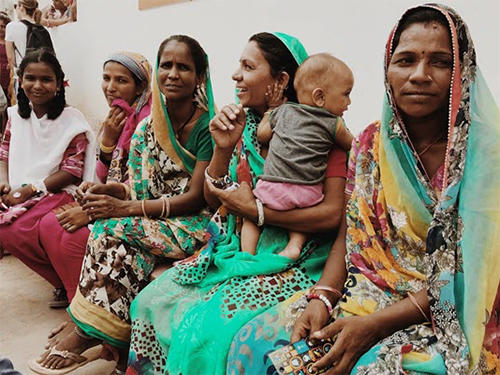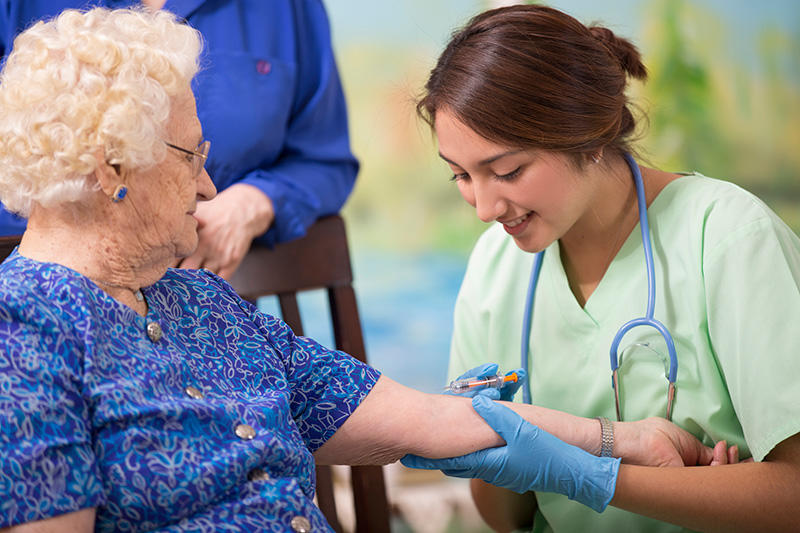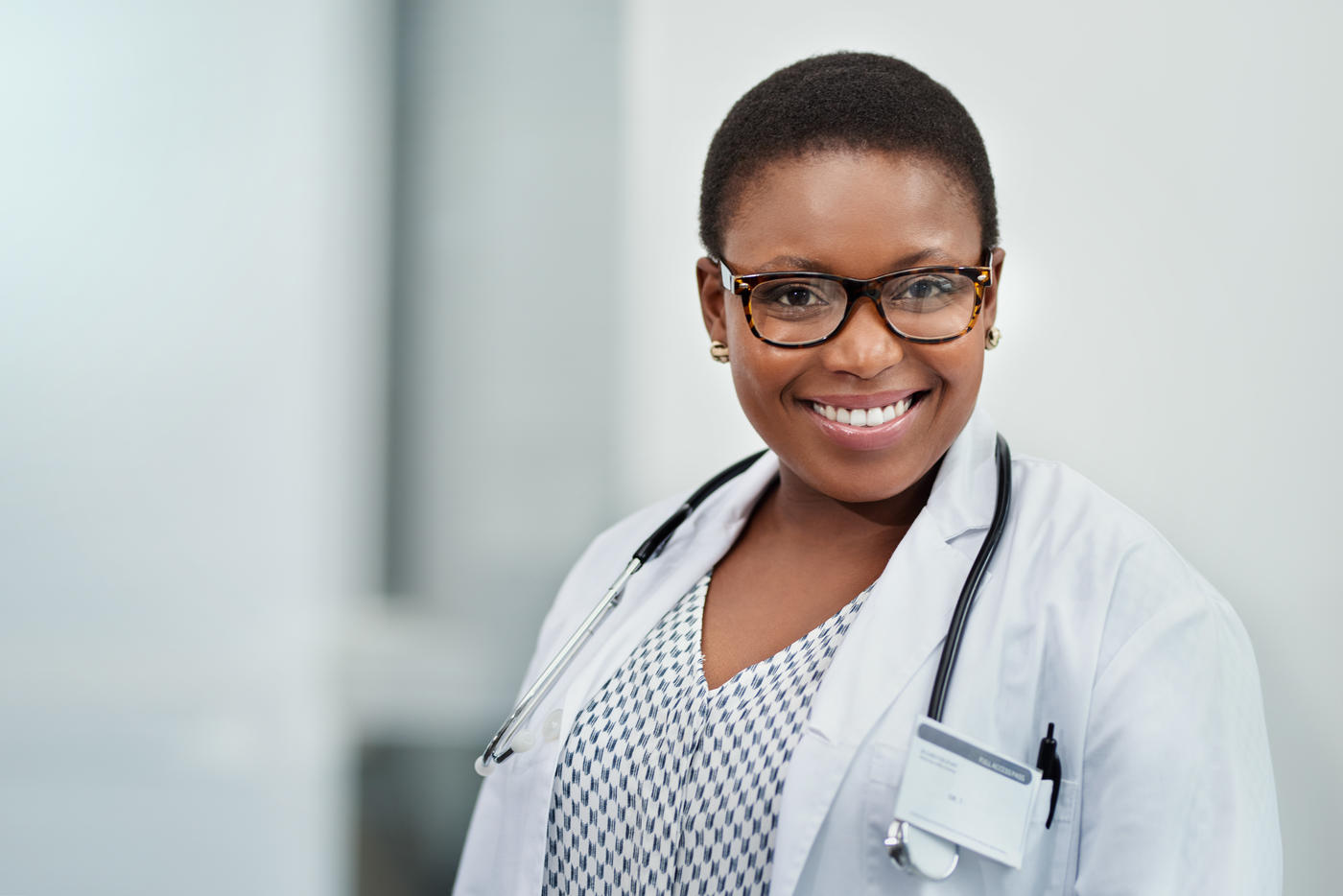Featured
Tags
Share

When Las Vegas campus student Rio Flores first learned about a medical mission to India, led by clinical instructor Tracey Long, PhD, RN, she wanted in.
“The opportunity to work with people in a developing country where they lack resources and access to quality healthcare was exciting,” said Flores. “I knew I’d be able to make a difference.”
This wasn’t the first international medical mission that Dr. Long had organized. For the past six years, she’s served as adjunct faculty for International Service Learning by bringing medical and nursing teams to serve in Belize, Peru, Colombia, Costa Rica, Dominican Republic and Haiti. Trips to these countries provide local students with the opportunity to make an impact at a global level.
“Every summer I take nursing students and other allied health professional students with me on these medical missions, which I absolutely love,” said Dr. Long. “I watch their eyes just widen and become brighter. You can see that it just starts to click for the students, that not everybody thinks like they do, and not everybody needs what they need during illness. It is really fun for me to watch these young nurses expand their nursing skills to a whole new level.”
The teams, led by Dr. Long, perform service in rural, underserved communities, completing home health visits and servicing medical clinics for two weeks. They work with local bilingual physicians and provide medical services to those who have limited resources. The work prepares students to be healthcare leaders of the future.
Making an Impact: The Villages
Gujarat, a state in western India, was a new medical adventure for Dr. Long and her students who were from a variety of local, Las Vegas nursing schools. In total, there were 18 students (seven from Chamberlain University) on the trip. The first week, the group went to Vadodara – one of the northwestern cities of Gujarat – an hour and a half from New Delhi.
“The first day we visited a village where we performed blood pressure checks and looked at patients’ hearts and lungs,” said Flores. “Dr. Long brought beaded bracelets to help the villager women track their menstrual cycles and she taught them overall menstrual hygiene. There isn’t much education about this in India and, in this region, they don’t have great access to sanitary napkins, so our group donated those to the villages, too.”
Dr. Long gave the students the opportunity to present the menstrual cycle and hygiene lessons, and Flores remarked that it was empowering to teach women about sexual health. While this kind of information is commonplace in many countries, it can be seen as a public health issue in others.
Making an Impact: The Hospital
The group repeated these services for two other villages and the group then worked in a poorly equipped hospital completing clinical rotations the week after. Each student chose three different departments they wanted to gain experience in; Flores completed rotations in the operating room, medical surgery, and labor and delivery.
“The hospital days were the hardest,” she said. “The conditions were not what we’re accustomed to in the U.S. There was no ventilation and no air conditioning. But to the patients, this was quality healthcare because it’s all they knew. As students, it was difficult to operate how we typically do in clinicals because we didn’t have the luxury of seeing patients’ health records or interacting much with them. We didn’t know what kind of situation we were walking into.”
However, these challenging days at the hospital developed the students’ sense of cultural competency as they learned what the local medical professionals valued and what patients needed.
“Cultural competence is beyond learning generalizations about different cultures – it is really being able to treat patients empathetically, and it is super satisfying for me to watch and be part of that development for the students,” said Dr. Long.
“Going to the villages and interacting with the locals was my favorite part,” said Flores. “The people were welcoming and would invite us to their homes to eat. One day, I was fanning myself with a paper fan and a patient took the fan and began fanning me. They had so little and were so willing to give us what they had.”
Flores will graduate with her Bachelor of Science in Nursing (BSN) degree this December. She has always been interested in travel nursing, but the medical mission really ignited this interest. Her clinical rotation in the operating room solidified her calling to this specialty.
Want to make a difference on a global level? Check out Chamberlain University’s nursing and public health degree programs.
By Agnes Hicks
More from Careers
Request More Information
To receive the Chamberlain University Program Guide, including associated career paths, please select a program of study.






